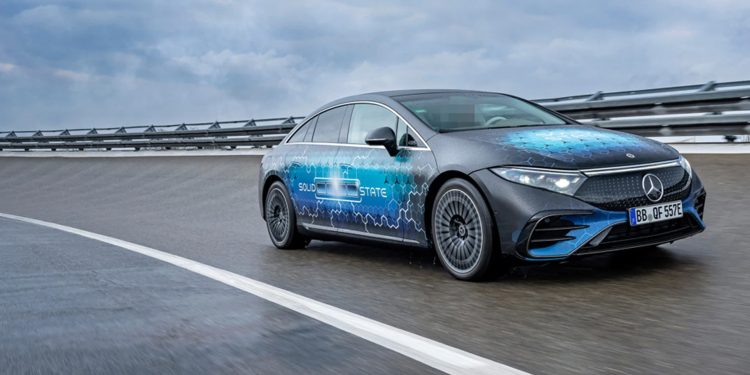Updated lithium ion battery tech takes range to 1000km
Words NZ Autocar | Images HPP, Factorial Energy
Mercedes AMG High Performance Powertrains (HPP) is playing a major role in the development of one of the most advanced EV batteries yet.
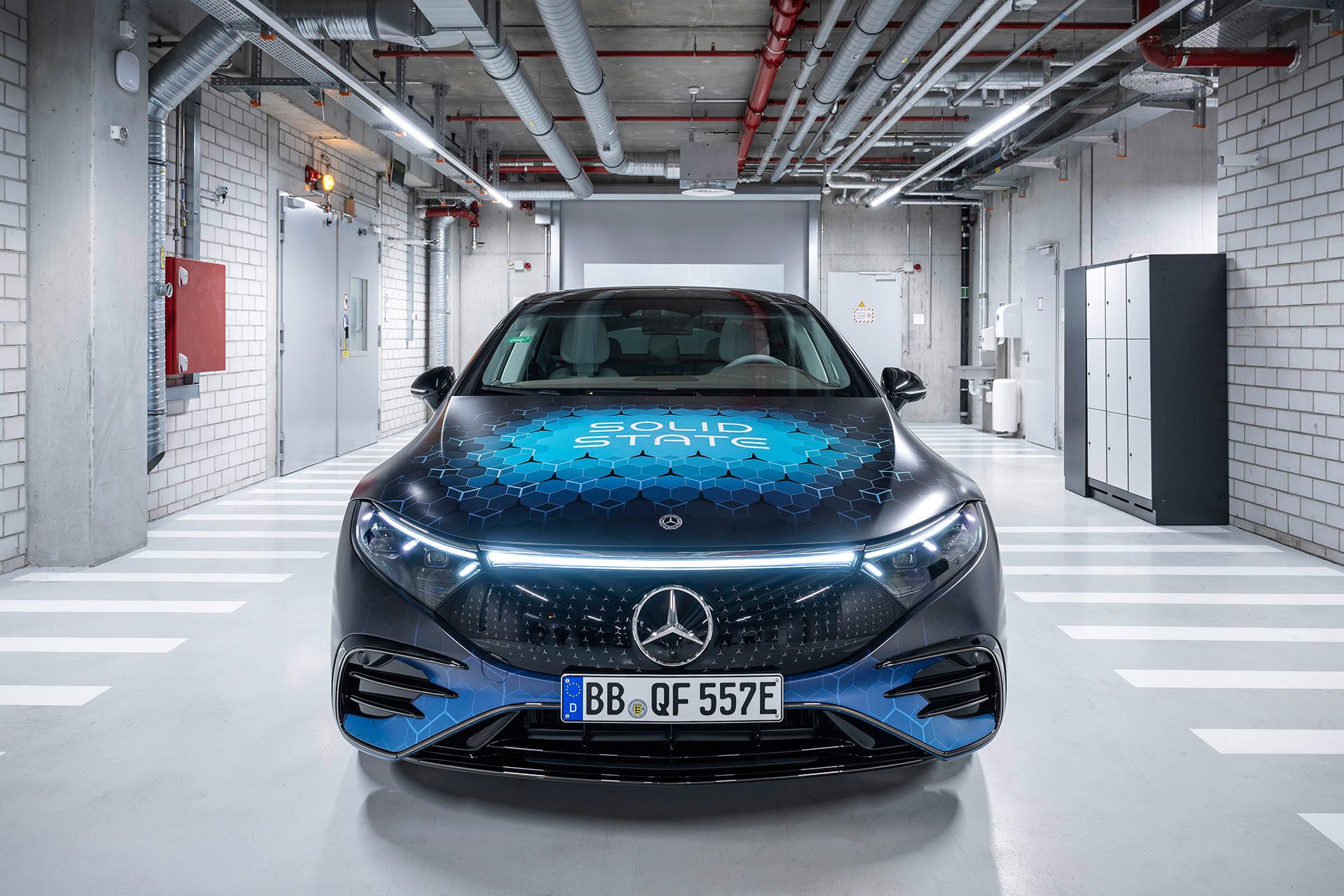
No, it’s not a solid-state battery but one they describe as using ‘quasi-solid electrolyte technology’. It is currently undergoing testing in a Mercedes EQS. The cells are provided by US-based Factorial Energy. Its researchers have overcome two key issues that plagued the original high-capacity lithium batteries.
Originally they used metal anodes made from lithium and aluminium instead of the graphite that’s used today. The design proved unstable and manufacturing too complex for production.
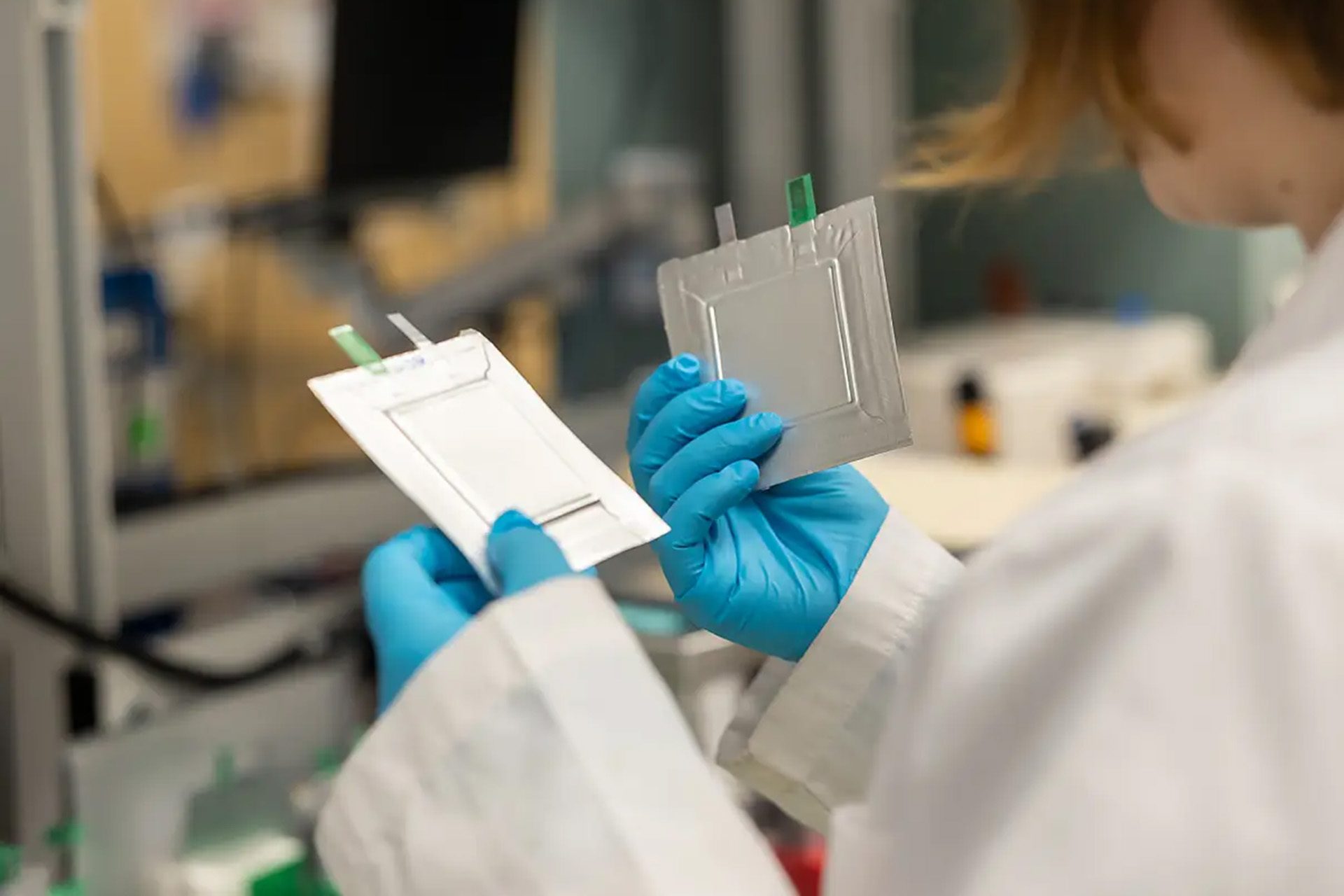
Lithium metal has the highest energy capacity of any anode material. It therefore has the potential for higher energy density, and extended driving range.
However, lithium metal anodes produce spicules (called dendrites) which spread through the liquid electrolyte. Eventually they touch the cathode and short-circuit the battery. Solid-state batteries avoid this by using a solid electrolyte.
However, another problem with lithium anodes is that they expand and contract during charging and discharging. This is an issue in a tightly packed battery.
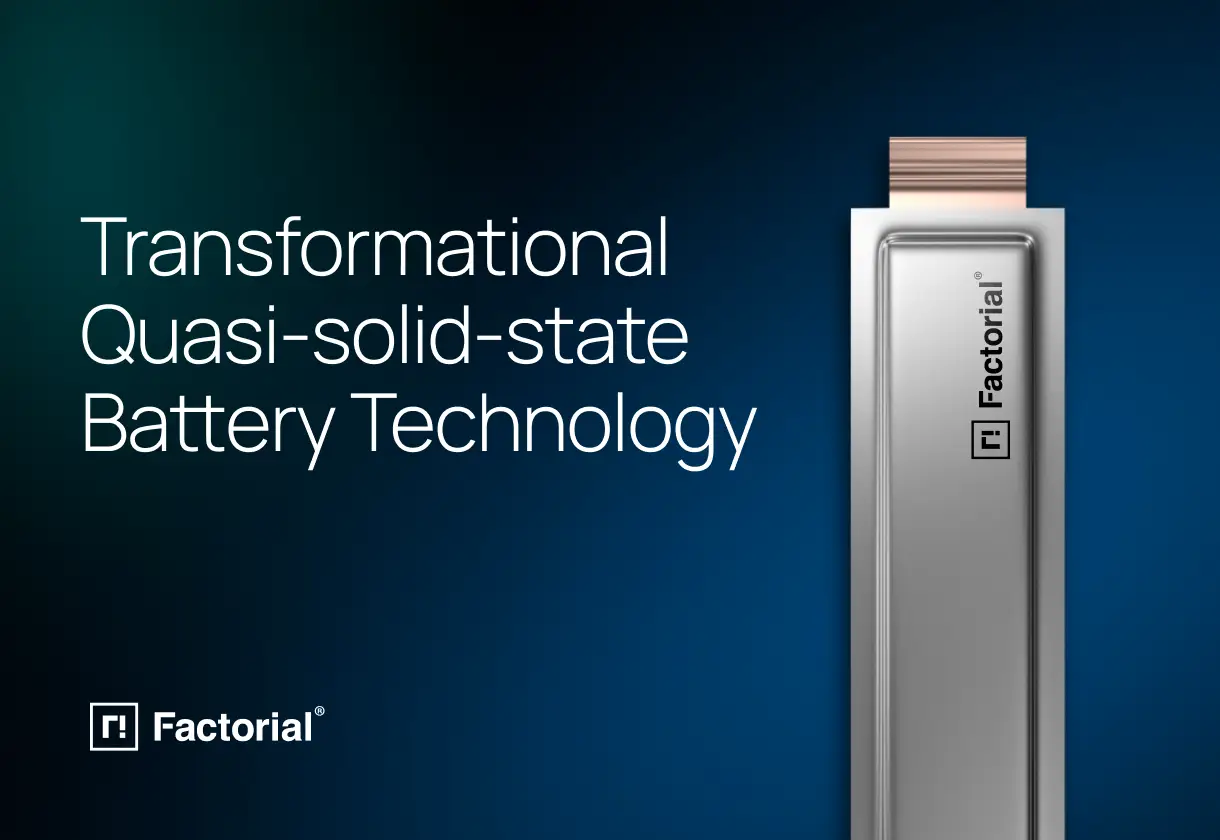
HPP has designed a ‘floating’ cell carrier that allows the cells to swell and contract without causing physical battery damage.
This is the first time a battery with lithium metal anodes has been tested successfully in a production car. And it looks to be a significant advance, if you examine the numbers. The EQS is targeted to achieve nearly 1000km. That’s around 25 more range than it can with its current powerpack that’s the same size as the HPP battery.
The new battery features cells that employ Factorial Electrolyte System Technology (Fest, or quasi-solid electrolyte technology).
Factorial is also busy developing an actual solid-state battery using sulphide-based tech, called Solstice. The aim is to almost double existing range. This new technology is also more environmentally friendly than current tech.
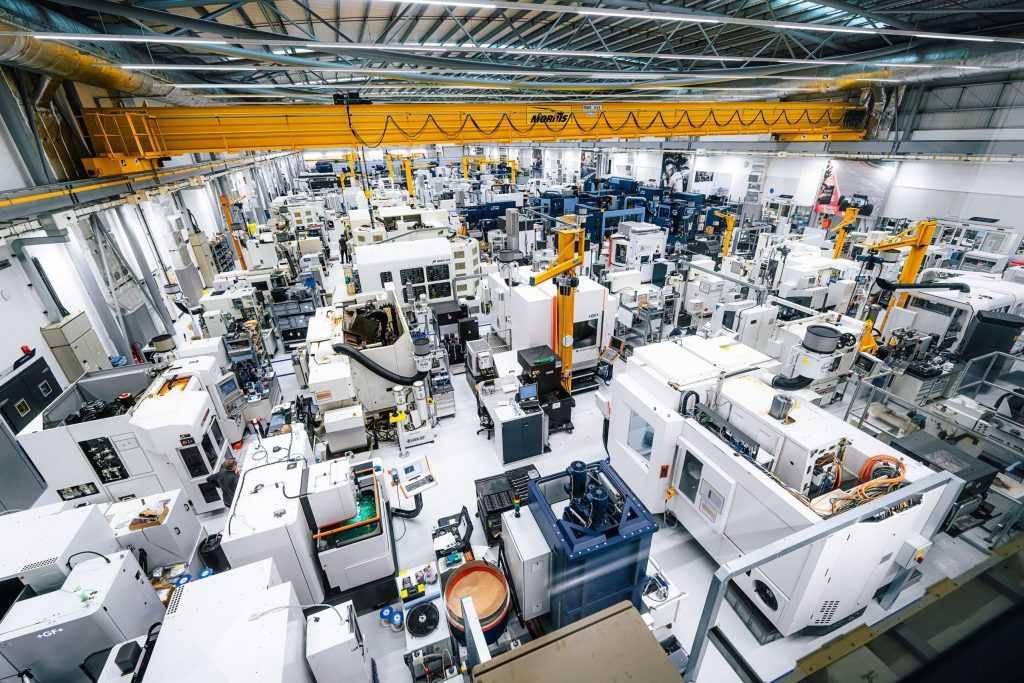
Fest is working with a lithium metal anode like HPP, achieving similar results and safety advantages to solid-state electrolytes. However, it offers the production ease of conventional lithium ion batteries.
Factorial isn’t just working with Mercedes alone; it has technology deals in place with both Stellantis and Hyundai, so its batteries may eventually end up in more accessible vehicles.
“Being the first to successfully integrate lithium metal solid-state batteries into a production vehicle platform marks a historic achievement in electric mobility” says Factorial Energy’s Siyu Huang, CEO and Co-Founder.
“This breakthrough demonstrates that solid-state battery technology has moved beyond the laboratory and into real-world application, setting a new benchmark for the entire automotive industry.
“Our collaboration with Mercedes-Benz proves that the future of electric vehicles is not just a vision, but a reality we’re delivering today.”


